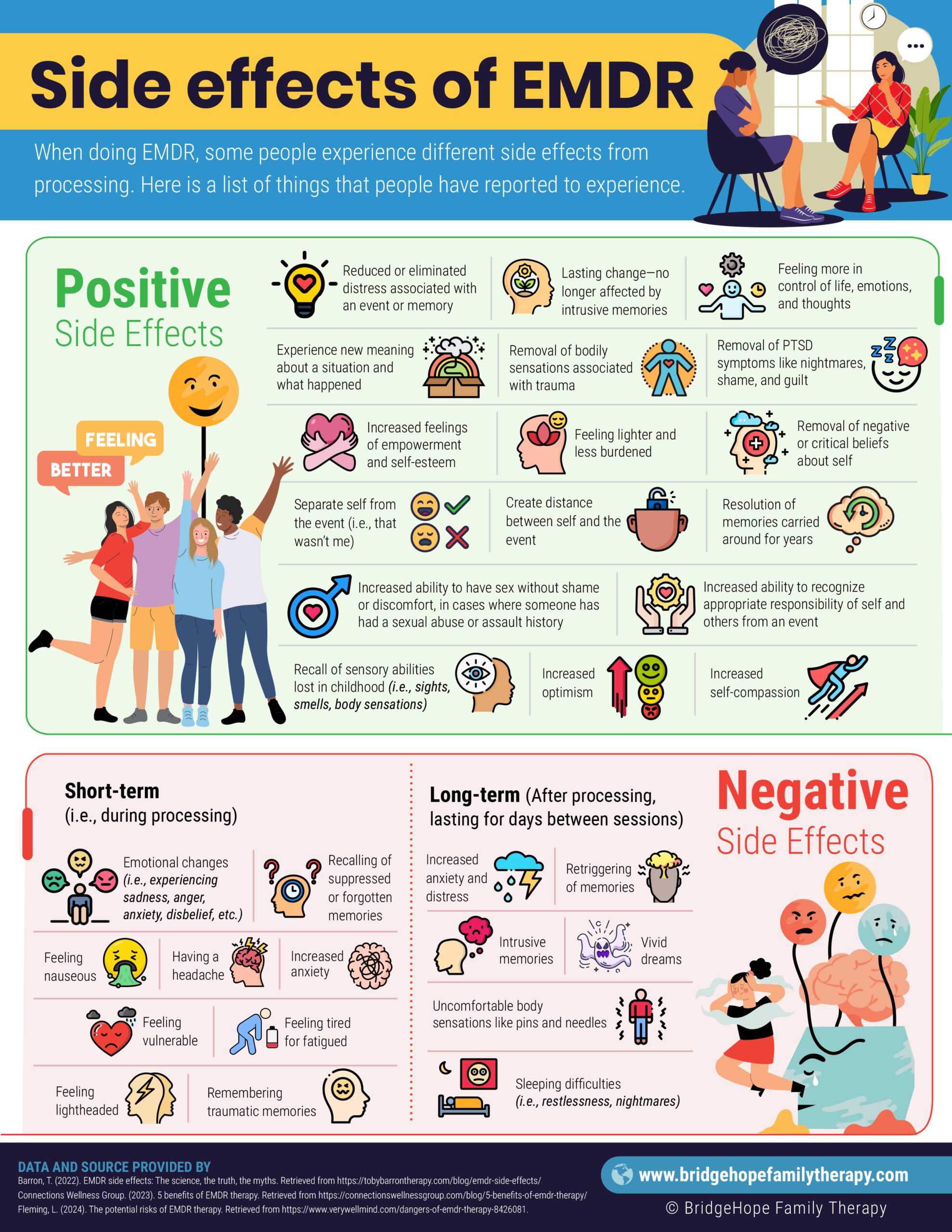Male marriage counselor
After deciding that you should “look for a therapist,” there are several factors to consider, as well as myths to be aware of. Some examples of factors that you may consider are whether to choose a therapist who shares the same religious background as you, whether to do in-person or online therapy, or what gender therapist you may want. While some people may have a preference, such as a male marriage counselor, others may not care.
In this blog post, we will:
- Review things to consider when choosing a therapist for the first time
- Uncover myths and their corrective truths about male marriage counselors
- Explore whether insurance cover couples therapy
How do people choose a clinician? Good question. If you’re trying therapy for the first time, this may not be as apparent for you. However, here are three ideas to consider:
- When you have something, you want to share, who do you typically choose?
- When you talk with your parents, is there one parent that you tend to gravitate towards?
- When you think of people you feel close or connected with, what characteristics or qualities do they have?
You may be curious about this last point, as it differs from the first two—which focus on who you generally feel connected to. This last idea speaks more to therapy than a therapist’s gender will. That’s because the process of therapy is largely influenced by a therapist’s working style. For example, are they directive or instructive—such as giving you ideas to try between sessions? Or is your therapist more collaborative in working with you with your treatment and being more of a guide? Or, do they tend to listen, reflect, and validate your experience. While this is not an exhaustive or comprehensive list, these are important things to consider when you are searching for a therapist, as therapists of all genders can provide this to you or your relationship. As a male marriage counselor, I approach marriage therapy as a collaborative process as I seek to understand both you and your partner’s experience and goals for therapy and change.
Myths
If you’re new to marriage therapy, you’re in good company. Many couples seek counseling at some point in their relationship; however, many of these couples often wait too long to seek help. This may be related to the myths of therapy that are so abundant, or to personal reasons, or skepticism. The entertainment industry in America has certainly shown many examples of what therapy does or should look like, however, these are not commonly the case. As a result, you may be skeptical about the process itself, or about how to choose between a male marriage counselor or a female one—which is normal.
Let’s get into some of the myths that I commonly hear about male marriage counselors:
Myth: A male marriage counselor can only provide good therapy to other men.
Truth: A male counselor can provide good therapy to men, women, non-binary individuals, or any gender. A male marriage counselor can also provide good therapy to couples, families, or groups of people. The reverse is also true – women can provide good therapy to men, other women, and any other gender or relationship. Just as there are different careers, there are different people and situations that male marriage counselors work with.
Myth: An unmarried male marriage counselor can’t understand the nuances of a marriage
Truth: Every male marriage counselor, or marriage counselor in general, is trained to understand the dynamics of marriage and how to build rapport, assess, and treat marital concerns—regardless of their relationship status. While there may be nuances specific to your relationship that your male marriage counselor may not understand, you can certainly bring these things up to your clinician and share their importance to your relationship.
Myth: A male counselor can’t empathize with me and my situation in my relationship.
Truth: It can be difficult to trust in men, or anyone, when something has happened. When people say this to me, there’s commonly a traumatic or other difficult experience that has affected how they both trust and view men. These people may have received the message that something is wrong with them or that they are defective in some day. Generally my first question to these people when I begin meeting with them is, “What happened to you?” and then I discuss and validate the experiences that person has had.
Myth: A male marriage counselor can only work with people who are married.
Truth: A male marriage counselor can work with individuals, people who are not married, who are married, people who are separated, people who are living apart together, etc. Despite the title of being a marriage counselor, marriage counselors are trained in many therapeutic approaches to help not just partnered people, but also individuals.
Myth: A male marriage counselor will gang up with my husband against me in couples therapy.
Truth: This is one of the most common fears that I hear about, as well as one of the most common complaints from the partner who is more reluctant to engage in couples therapy. This is a valid concern—how can I trust that the male marriage counselor will be objective? Fortunately, you have a voice and choice in therapy. While a good male marriage counselor will remain objective and therapeutically treat the relationship rather than specific individuals, you can choose whether to schedule again or to not to work with that clinician. Most people go through three to seven clinicians before finding one that works for them.
Insurance cover couples therapy
Many people want to use their insurance to cover their medical and mental health services and expenses. It makes sense – you buy into a plan that is supposed to cover these services…until you find out that it doesn’t. Or you needed to do an add-on or supplemental option, like dental insurance…during the enrollment period…four months ago. Or that you must work with a provider that only offers in-person sessions. In short, it depends on your insurance company and your specific plan. Some insurance plans cover couples therapy, while others decline it, citing that it is not part of the medical model. However, if your couples therapy is covered, there needs to be a diagnosis—to stay true to the medical model that insurance is based around. As you can see, when couples therapy is asked about, a lot of unnecessary complexity and red tape arise.
What’s the alternative then? Again, this depends—on the severity of the situation; on the cost of services; of your preference of provider; on the experience of the provider; whether there is out-of-network coverage—creating options for reimbursement—as part of your insurance plan; on whether you are okay with you or your partner having a diagnosis that becomes part of your medical record—and so forth.
Private pay, or cash pay, male marriage counselors are excellent options when you are invested in your relationship and are committed to make change. These clinicians generally have more time to invest in their clients and their wellbeing, due to limited or no interaction with insurance companies.
Online marriage counseling Pearland
Relationships are everywhere in our lives and its normal to have conflict and differing expectations as well as experiences. If you’ve found that your relationship, or marriage isn’t up to par or what you were looking or hoping for, come work with a licensed male marriage therapist. The couples I have worked online with have transformed their communication, prepared for transitions, restored hope, and healed infidelity.




